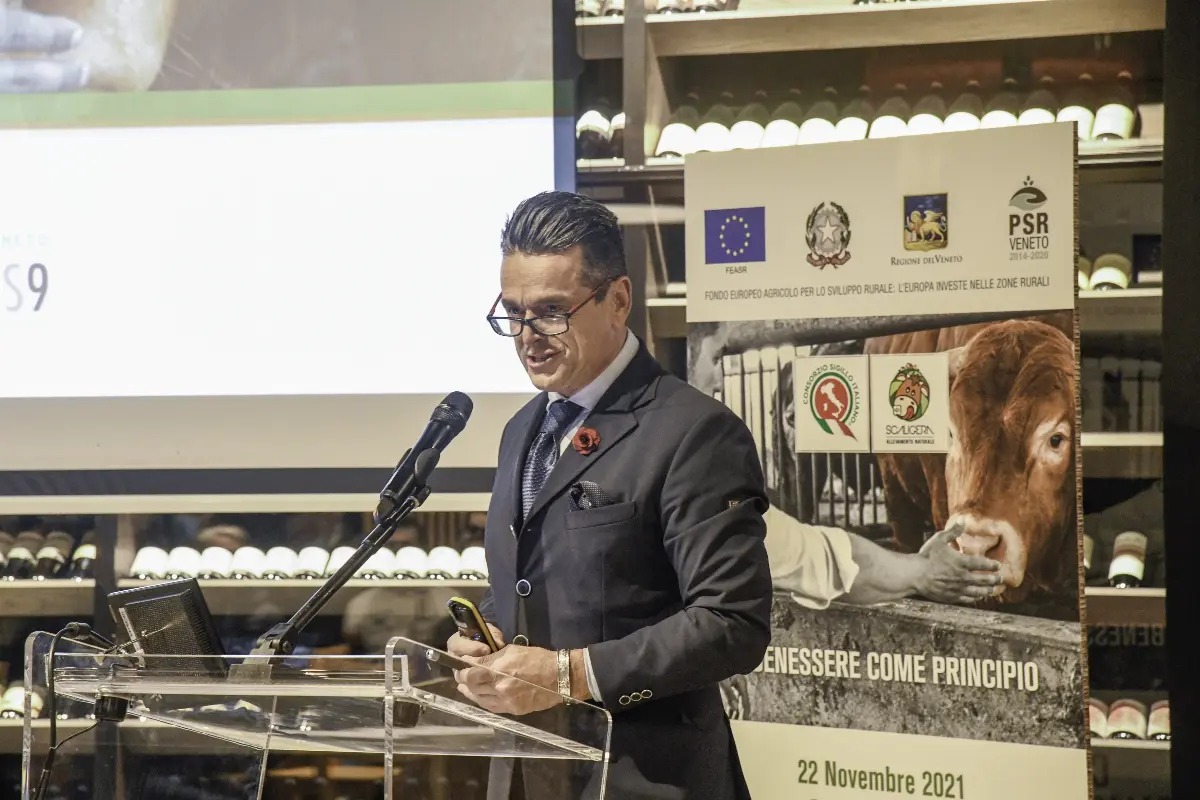
Do you want to access to this and other private contents?
Log in if you are a subscriber or click here to request service
Environment, farms aim to reduce emissions
In nutrition, one of the keys to reducing the impact of methane thanks to natural supplements

Interview with Prof. Carlo Angelo Sgoifo Rossi, Department of Veterinary Medicine and Animal Sciences of the University of Milan.Producing more meat, especially in areas of the world where there is still a lack of animal protein in the diet, impacting less on the environment. This is the great challenge that the world of livestock production is facing in the context of the global commitments undertaken...
agu - 27028
EFA News - European Food Agency
EFA News - European Food Agency